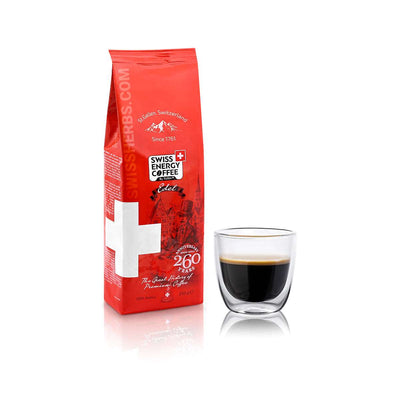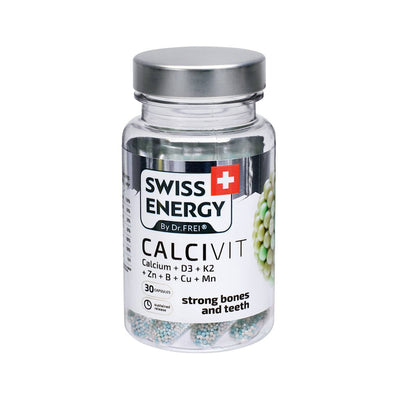Exploring the Benefits of Herbal Tea
Herbal tea, a beloved beverage worldwide, has long been celebrated not just for its myriad of flavors but also for its potential health benefits. Whether you're a seasoned tea connoisseur or a curious beginner, the world of herbal teas offers an enticing exploration of taste and wellness.
Unlike traditional teas (such as black, green, or oolong) that come from the Camellia sinensis plant, herbal teas are infusions made from a wide variety of plants' leaves, seeds, bark, or roots. This vast botanical diversity grants herbal teas their array of tastes, aromas, and health benefits. Let's delve into the benefits of herbal tea and why you might want to consider brewing a cup.
-
Hydration: Herbal teas are a great way to increase your fluid intake. They are primarily water, and most are naturally caffeine-free, making them a hydrating choice at any time of day.
-
Digestive Health: Certain herbal teas like peppermint, ginger, and fennel are renowned for their soothing properties, helping to alleviate digestive discomfort such as bloating and indigestion.
-
Calming Effect: Many people find the ritual of brewing and sipping tea calming. Herbs like chamomile and lavender are particularly known for their relaxation-inducing effects, making them a perfect nightcap.
-
Antioxidant-Rich: Many herbal teas are high in antioxidants, which help combat oxidative stress in the body. For instance, rooibos tea is packed with antioxidants, and hibiscus tea is rich in Vitamin C.
-
Immunity Boost: Certain herbs are known for their immune-boosting properties. Echinacea, elderberry, and lemon balm teas are popular choices to support immune health.
-
Cardiovascular Health: Hibiscus tea, in particular, has been studied for its potential to support heart health, with some research suggesting it may help to lower blood pressure.
-
Weight Management: Some herbal teas like green tea, dandelion, and cinnamon are believed to support metabolism and aid weight management. However, it's important to remember that drinking tea should be part of a balanced diet and regular exercise regimen, not a replacement.
-
Respiratory Relief: Herbs such as eucalyptus and thyme have been traditionally used to soothe respiratory issues, and brewing them into a hot tea can provide a comforting steam and hydration.
To enjoy herbal tea, steep your chosen herbs in hot water for a time that suits your taste preference—typically between 5 and 10 minutes. Some prefer their tea strong, while others like it lighter. Remember, you can experiment with mixing different herbs to create your unique blend.
Despite the benefits, it's crucial to approach herbal teas with an understanding of their potency. Certain herbs can interact with medications or aren't recommended for people with specific conditions or pregnant women. Always consult a healthcare provider or a professional herbalist before making significant changes to your herbal tea consumption, especially if you're under medication or have a health condition.
In conclusion, herbal teas offer a world of wellness benefits, from promoting relaxation to supporting digestion. With a cornucopia of flavors and health-enhancing properties, these infusions truly embody the phrase, "a cup of tea solves everything."
Please note: The content in this article is meant for informational purposes and is not intended to serve as medical advice or replace professional medical consultation.



